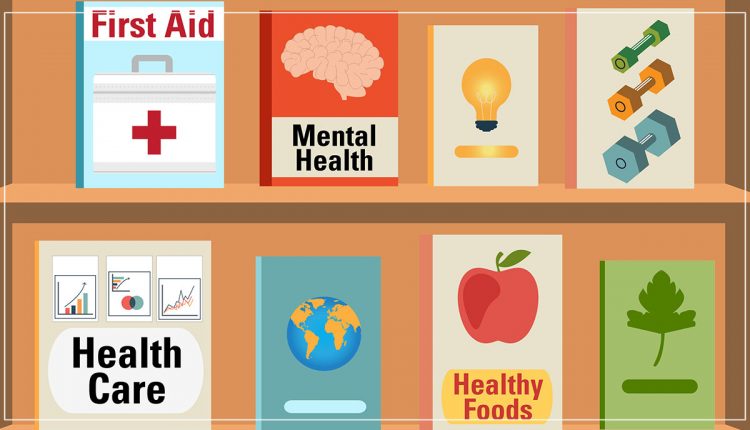
Importance of Health Education in Schools
Every Pakistani mother sends her child to school expecting him to learn arithmetic, Urdu, English, science and dreams of them becoming successful one day. What she does not realize however is that even though their schooling will teach those academic skills, somewhere they will always lack life skills.
Most of the Pakistani schools have huge curriculums for our little angels to bear. From how Pakistan was created to how plants make their food, they are being taught everything except perhaps what should be one of the most important subjects – health education.
Beginning in kindergarten and continuing through high school, health education provides students with an introduction to the human body and the determinants of health. They are taught about factors that can lead to illness or things they can do to prevent disease.
The purpose of health education is to incorporate health enhancing behaviors in growing children. They are given functional health information and taught skills to practice healthy behavior. Health education programs include not only physical activity and proper nutrition, but stress and anger management, drug abuse and sexual education also come under its umbrella.
People with in age 10-19 are considered adolescents. They are going through a lot of hormonal, physical and mental changes in life. This is the period of life where the kind of behavior and attitude adopted by a person is most likely to affect their entire life.
Habits already adapted by an adult during adolescent’s years are almost impossible to kill. Bringing change in an adult is often very difficult therefore; health education focuses on promoting and establishing healthy behaviors in younger people. It is more effective than putting effort in changing unhealthy attitude already established in an adult.
The most effective method of teaching and establishing life time skills in a child is by involving them in practicals. Active participatory experiences teach a child much more than passive experiences in a classroom.
Involving parents in the task can make health education even better. Involvement of parents gives the child a sense of seriousness. Children are able to take more of what is taught at school home if parents are involved as well. Parents can complement and reinforce the teachings at school while doing activities at home.
Physical activity is one of the important components of health education. It increases blood circulation to the brain enhancing brain activity, hence better scores in academic setting. It is also known to improve cognitive learning.
Physical activity can be in any form of sports, aerobics or games. Regular aerobic can yield higher IQ, and can improve concentration and memory. It also helps the internal environment of a child’s body by balancing energy levels and improves the child’s body image. It also helps build motor skills and leads to an active life style.
Health education also includes nutrition topic. The students are taught that they need all the nutrients to grow up healthy with a strong immune system. They are given ‘my plate’ concept which includes fruits, vegetable, protein, grains and a dairy product. They are also given the concept of food pyramids by using a lot of colors and charts. They are taught about nutritional facts of their favorite cereal. The basic concept behind teaching children to check nutritional facts with real materials is to explain them what nutrients should they look for in their food and limit which nutrients.
A health education also includes topics that are considered taboo in our society. Mental health of adolescents and factors leading depression and anxiety are discussed and students are encourages to discuss their problems with a trusted adult. Adolescents have a lot of choices to pick from that can lead to impaired physical and mental health and even death. On their path from being a child to an adult they come across variety of choices that induces curiosity and can catch their interest. Therefore a child should be prepared before they are exposed to alcohol, tobacco, and other drug use; sexual behavior (abstinence, prevention of pregnancy and sexually transmitted diseases); driving; risk-taking behavior; and stress management.
Many parents feel ill-equipped and awkward to talk to their child about puberty, reproduction, sex, and sexually transmitted infections. Some parents also feel their child is too young to know about it. However, they need to understand just how crucial their role is. With sexual topics—as well as with many other areas of health—parents can build on the general information taught at school and, by conversing with them they can put it into a moral context. Parents should remember they are the expert on their child, their family, and their family’s values.
If your child’s school is not offering health education then you can begin at home. Invite your child’s classmates and their parents, you can hold small seminars. You can involve your child’s schools principal and their management staff. Look into what your child is offered at the cafeteria; is it healthy, does it provide enough nutrition for your child? If not then try to make a change because your child is your responsibility.

